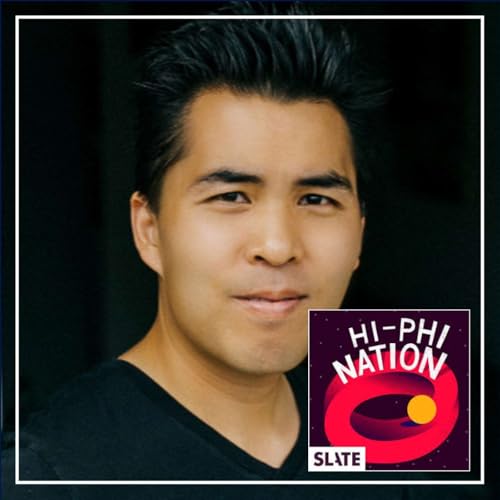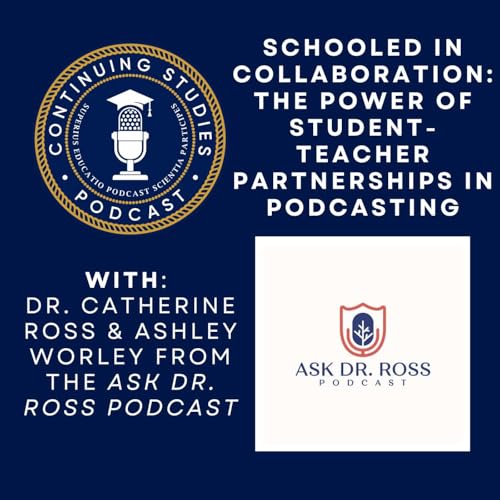A student-teacher collaboration driving a podcast that answers real college questions and empowers students and families.
Dr. Catherine Ross, professor of English at the University of Texas at Tyler and host of Ask Dr. Ross, shares her journey into podcasting and how she uses it to demystify higher education for students and parents alike. Alongside her co-host and producer, Ashley Worley, Dr. Ross tackles pressing questions about preparing for college, avoiding debt, and thriving academically while challenging common misconceptions about university life. They discuss the evolving role of podcasting in education, the power of storytelling to bridge gaps between high schools and universities, and the balance between embracing technology like AI and preserving essential writing skills. With insights on collaboration, mentorship, and the growing opportunities podcasting creates for students, this conversation offers both inspiration and practical takeaways for educators, learners, and aspiring podcasters.
Episode Links:
- Catherine Ross
- Catherine Ross | LinkedIn
- Ashley Worley | LinkedIn
- Ask Dr. Ross Podcast - YouTube
Connect with Us
- Share Feedback & Ask Questions: hello@continuingstudiespodcast.com
- Learn More: Continuing Studies Podcast
- Follow: Continuing Studies LinkedIn Page
- Join LinkedIn Group: University Podcasters Network
- Connect w/ Jen: LinkedIn or jpodcreations@gmail.com
- Connect w/ Neil: LinkedIn or neil@podiumpodcastco.com
- Twitter: @namcphedran / @podiumpodcastco
- Youtube
- HigherEdPods
Chapters:
- (00:00) - Introduction
- (04:51) - Launching Ask Dr. Ross
- (07:04) - Ashley’s Role & Student Involvement
- (08:12) - Podcasting for Student Opportunities
- (10:17) - Breaking Down College Misconceptions
- (13:29) - Changing Majors & Discovering New Paths
- (16:22) - Why Podcasting Works for Education
- (19:13) - AI in Education
- (24:19) - Structuring Episodes Around Questions
- (26:04) - Homeschooling & College Prep
- (28:55) - Expanding Podcasting Across the University
- (31:28) - The Value of Student Podcast Roles
- (34:55) - Leveraging YouTube for Podcast Growth
- (36:29) - Conclusion
 39 min
39 min Dec 1 202539 min
Dec 1 202539 min 29 min
29 min 42 min
42 min 29 min
29 min Oct 6 202533 min
Oct 6 202533 min 37 min
37 min 39 min
39 min
